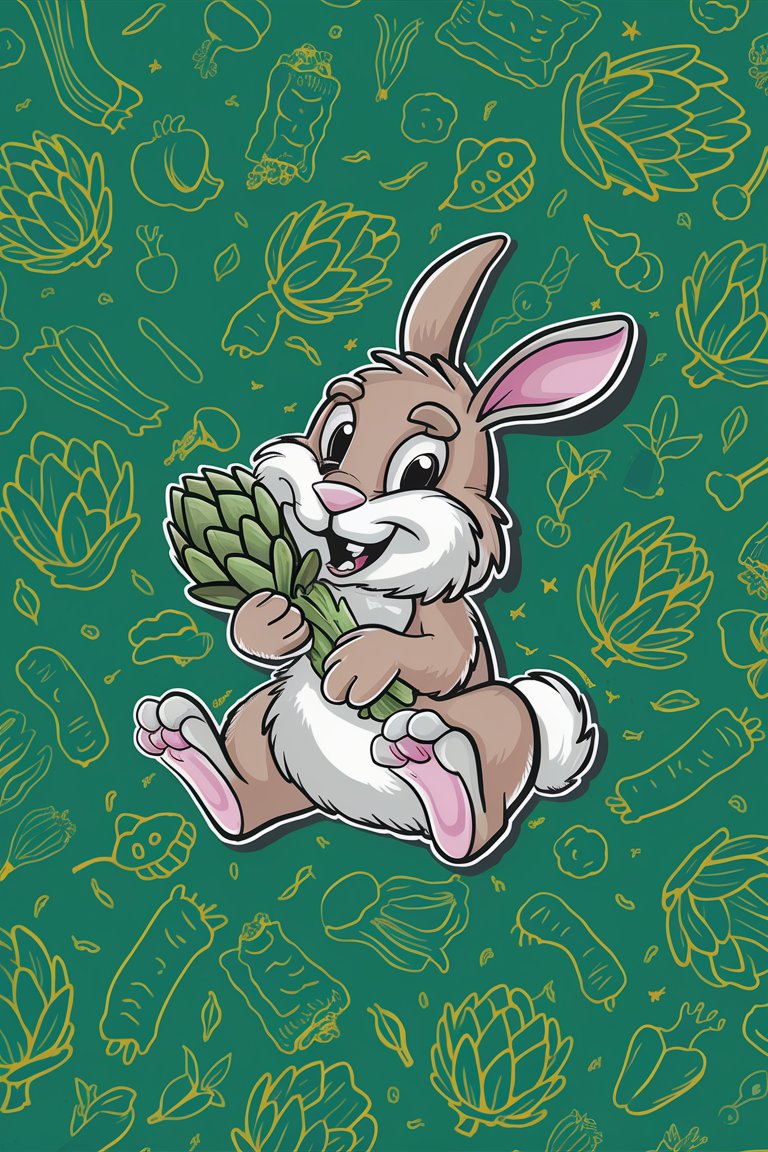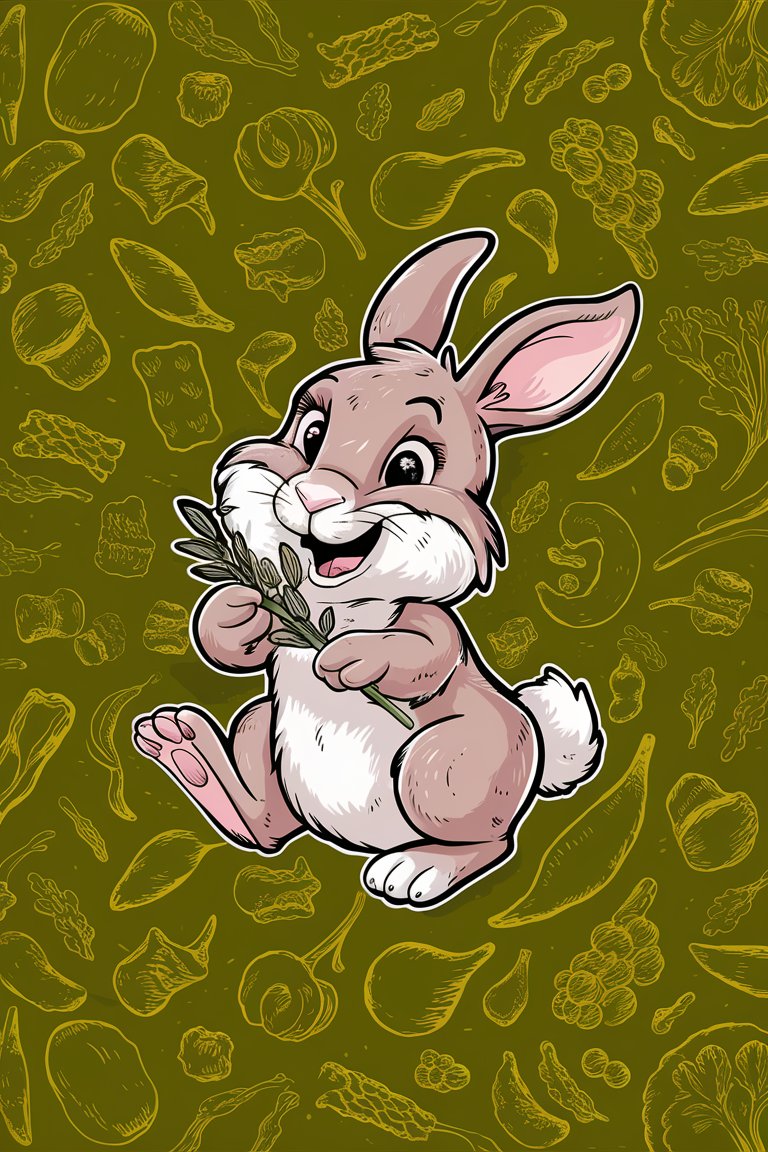Can Rabbits Safely Eat Seaweed? Discover the Answer!
Ever wondered if rabbits can munch on seaweed? Some of us might think seaweed sounds a bit odd for a bunny snack.
Key Takeaways:
- Yes, rabbits can eat seaweed, but only in small amounts and as part of a balanced diet.
- Choose the right types of seaweed, such as Laminaria, Chaetomorpha linum, Ruppia maritima, and Lithothamnium for essential nutrients.
- Monitor portion sizes carefully to prevent digestive issues and avoid overconsumption of iodine.
- Ensure the seaweed is clean and sustainably sourced, free from toxins and heavy metals.
Seriously though, it’s a valid question for any rabbit owner. Our furry pals have unique dietary needs. Tossed a bit of seaweed to our rabbits once, curious to see their reaction.
Spoiler: they were intrigued. So, what’s the deal with seaweed and rabbits?

Can Rabbits Eat Seaweed?
Yes, rabbits can eat seaweed, but only some types and in small amounts. Seaweed is safe if it’s part of a balanced diet. We tried giving our rabbits a tiny bit of dried seaweed once.
- Learn more about: What Should and Should Not Rabbits Eat? Ultimate Guide
They liked it, but we don’t make it a habit. Seaweed has vitamins, minerals, and antioxidants. This can be good for our rabbit’s health.
However, not all seaweed is safe for them. We need to be careful with portion sizes. Large amounts might upset their stomachs.
We stick to small portions and variety to keep our rabbits healthy.

Types of Seaweed Suitable for Rabbits
Several types of seaweed are great for rabbits. They offer essential nutrients and improve their overall health. One type is Laminaria spp. This brown seaweed boosts blood health and muscle quality in rabbits. It ups vitamin A and E levels, which leads to better meat quality.
Another good one is Chaetomorpha linum. This marine plant is full of minerals like iron and manganese. We’ve added it to rabbit feed at about 27%. They grew fine, without any negative effects.
Then, there’s Ruppia maritima. Rich in minerals, it also makes a good addition to rabbit feed. Studies show it helps with growth rates and carcass quality.
Lastly, Lithothamnium spp. This calcified seaweed is a top source of calcium. It supports bone health and development.
These seaweeds provide key nutrients and potential prebiotic effects. They can help keep a rabbit’s gut healthy.
Nutritional Benefits of Seaweed for Rabbits
Seaweed is rich in vitamins A, C, and E. These vitamins support a rabbit’s immune system and skin health.
Minerals in seaweed like iodine, iron, and calcium are also vital. They help keep bones and teeth strong.
Let’s talk about fiber. Seaweed’s high fiber content aids digestion. It promotes a healthy gut, which is important for a rabbit’s well-being.
It’s important to consider potential risks when incorporating seaweed into your rabbit’s diet. Some seaweed varieties, like kelp, may contain high levels of iodine, which can be harmful to rabbits in large amounts. Overconsumption of iodine can lead to thyroid problems and other health issues.
Additionally, seaweed may contain toxins or heavy metals, such as arsenic, lead, and mercury, that can accumulate in a rabbit’s body over time. These contaminants can pose serious health risks. To minimize these dangers, always ensure that the seaweed you offer is sourced from clean, reputable areas and is free from pollutants.
In our experience, adding small amounts of these nutrient-packed seaweeds to their diet made a noticeable difference. Our rabbits seemed energetic and healthy after we included seaweed in their meals.
Just remember to keep the portions small and varied. It’s all about balance to ensure our furry friends stay happy and healthy.

Guidelines for Feeding Seaweed to Rabbits
We opt for sustainably sourced, organic seaweed free from pesticides and heavy metals. Talk about Laminaria (kelp) and Ulva (sea lettuce); they’re safe in moderation for our bunnies.
Start slow. Introduce small amounts and observe any digestive issues or allergic reactions. It’s important to keep an eye on their health.
Seaweed should not exceed 10% of a rabbit’s total daily intake. It’s essential to keep their diet varied and balanced.
In summary, keep portions small, ensure the seaweed is clean, and mix it up with other foods. That’s the path to ensuring happiness and health for our furry friends.







